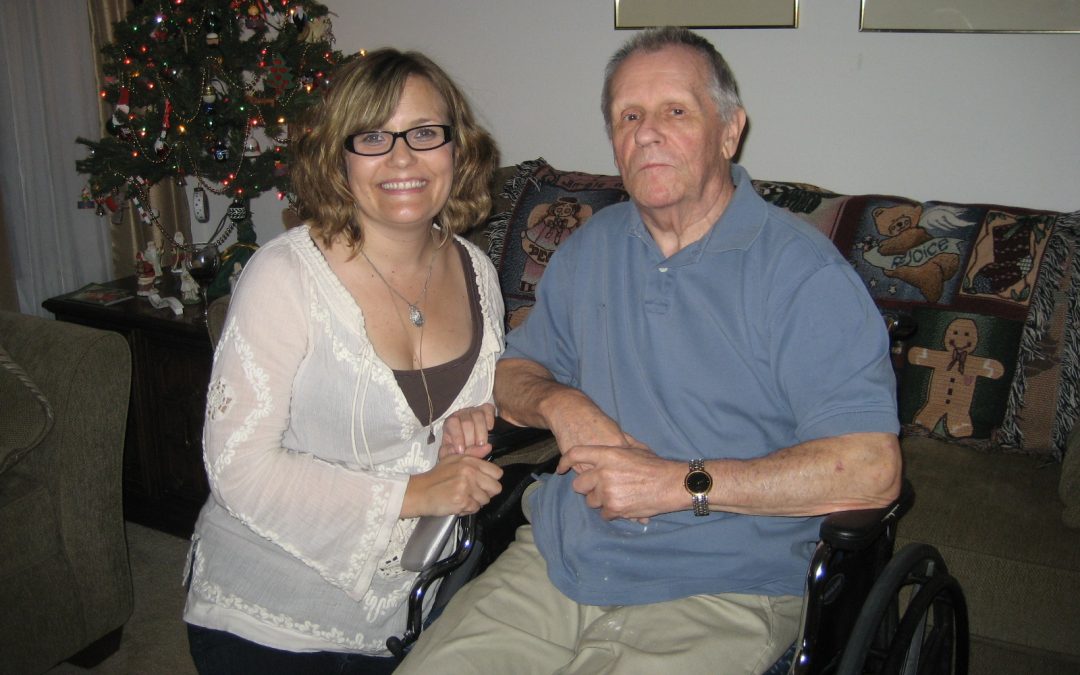
by Lynn Lipinski | Dec 13, 2017 | Dad, Essays and Features, Personal
I spent the two last years of my dad’s life traveling the globe for a job, a lucky perk with terrible timing. My world expanded as Parkinson’s disease shrunk Dad’s world to a hospital bed and the cracks in the ceiling. I’ve learned this lesson again and...


